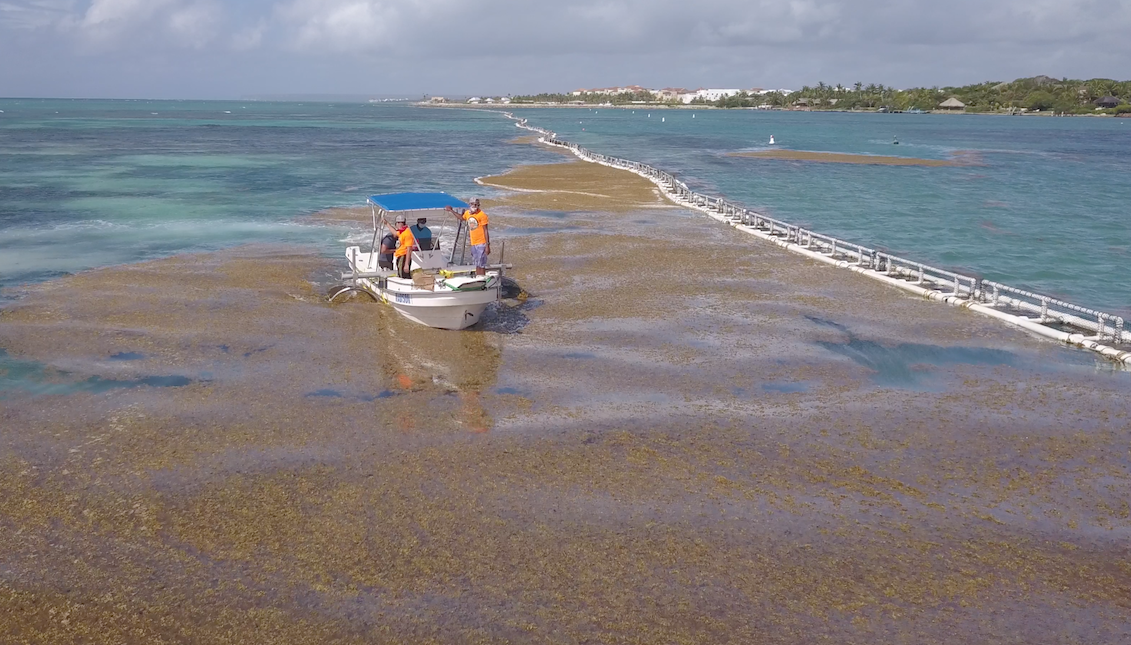
The coups against Chávez
Venezuelan president Hugo Chávez is living these days between coup and coup.
He wanted to be the protagonist of Manuel Zelaya’s return to power in Honduras, and he even threatened to deploy his army in order to depose Robert Micheletti.
But that possibility gets further away each day. July 28th was the one month anniversary of the military coup against his honduran comrade in 21st century socialism, who has so far only been able to amble by the Nicaraguan border.
Chávez, obsessed with being Zelaya’s redeemer, ended up more than crucified, just like the OAS and the ALBA, because this coup was just as illegitimate as Zelaya’s disobedience of the honduran Constitution.
And that without taking into account that the fear of “Chavismo” was what detonated the military coup in the first place.
Chávez is also feeling the weight of accusations of permisiveness and corruption by the GAO, the investigative arm of the US Congress, which has denounced the growth in cocaine exports from that country.
The GAO published a report denouncing a fourfould increase in drug shipments from Venezuela since 2004, and added that relations between the DEA and Venezuela are deteriorating more and more each day.
In addition, nobody has been able to explain how mortars that Venezuela bought from Sweden ended up in the hands of FARC “guerrillas”.
For colombians that kind of arms traffic is no news, just like the freezing of relations between both countries, the threats Chávez makes, and now restrictions on commerce and the expropriation of colombian businesses.
In the end they are just a smokescreen for the accusations that he supports this guerilla, while at the same time Sweden is demanding to know where the weapons went.
In the end, Venezuela absorbs $6 billion a year in colombian exports that represent two thirds of venezuela’s food intake (dairy, meat), in addition to manufacturing and natural gas. They need each other, whether or not Chávez likes it.
At the same time the venezuelan president knows his economy is stagnating. Experts predict a half a percentage point drop in the Gross Domestic Product this year, the oil industry has shrunk by 8 percent, and the country’s 30 percent inflation rate is the highest in Latin America.
The unanswered question for many venezuelans is whether this economic coup will politically weaken Chávez and his bolivarian project for the continent.









DEJE UN COMENTARIO:
¡Únete a la discusión! Deja un comentario.